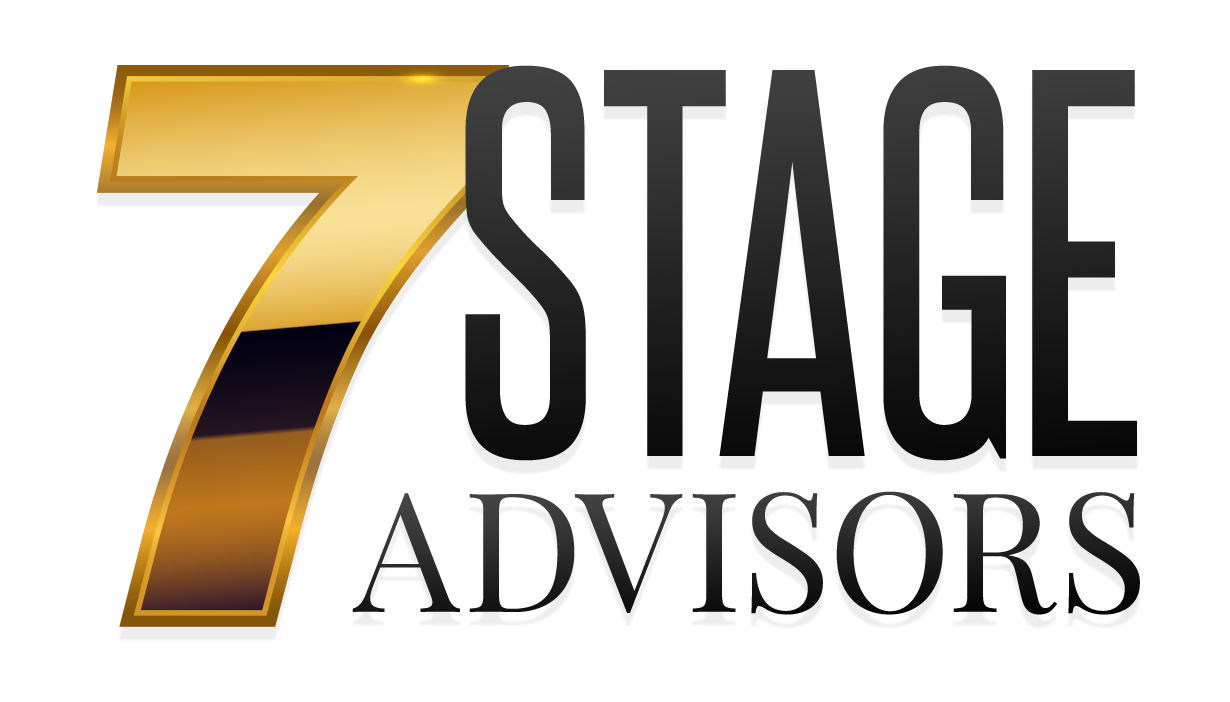Carl Gould started his first company, a commercial landscaping firm, in his early twenties. After working for other landscapers for a few years, he thought he knew a few things about hunting for new clients. He must have been right because he was hired for three big jobs right off the bat.
However, when he tried to brag about his immediate successes to his father, his dad wanted to know why people hired Carl, and asked, “Why do you think three perfectly good companies are letting some kid provide landscaping services?”
Young Carl didn’t know why they signed him on. Being young and optimistic, he never questioned his abilities. But his dad convinced him that going back to his first customers and asking why they chose Carl would help him to get more customers to say “yes” in the future.
When Carl asked those three clients why they chose him, each one was polite and offered compliments, but the bottom line couldn’t have been clearer. Every single one of them told him in no uncertain terms: “You were the only one who showed up.”
Showing Up is a Good Start. Now Keep Going.
Thanks to his dad’s advice, Carl Gould asked questions and learned that proposals and presentations alone hadn’t convinced his clients to hire him. He hadn’t necessarily shown them he understood their vision for the property or created the perfect design to set a new trend in town. But he had shown up, and desperate customers hired him.
However, Carl was determined to learn from the experience. First, he realized that hustle matters. His early hustle had earned him the opportunity to prove himself, and he vowed to take every opportunity seriously.
Secondly, Carl learned that many of his competitors didn’t show up. And that was the basis of building a predictable business that would grow into a million-dollar company.
Free Market Research, Anyone?
Carl didn’t have a lot of money for market research. Instead, he asked questions and listened. His customers delivered a non-stop stream of complaints about how terrible other commercial landscape contractors were. It seemed that the competition didn’t answer calls or show up for appointments, making the process stressful. They didn’t start on time, finish on time, deliver what they promised, or stay within the budget. If the project didn’t turn out the way the client wanted, the contractors didn’t stand behind their work.
Carl quickly discovered that getting this kind of info was easy. Customers loved to complain. Carl worked quietly, listened, and took everything in. He knows now that he couldn’t have paid for better market research. Right from the beginning, he learned what not to do.
All Calls Returned
Carl put his research findings to work. He placed Yellow Pages phone directory ads that said, “All calls returned.” After all, his customers hated unreliability. They hated chasing contractors. To counteract this pain point, Carl advertised that he would return all calls. Fulfilling that promise took extra work. Sometimes Carl, was on the phone until midnight returning messages, but every potential client got a telephone reply, even if it was to tell them he couldn’t take their job.
An Industry-Leading Offer
Carl also learned that customers wanted to eliminate risk, so he developed a guarantee. Carl’s landscaping company guaranteed that work would start on time and finish on time, no matter what. It also promised they’d have an experienced person on the site, and guarantee work for one year. This was a fantastic offer compared to competition that was having trouble showing up. Carl knew, based on the questions he asked and the answer he received, that this guarantee would put his company head and shoulders above the rest.
The guarantee did mean that Carl and his crew had to work harder and incur some costs here and there. Carl himself had to spend more time on the job site instead of handing it off to an inexperienced employee. The guarantee cost him more time and money, so Carl determined that premium service should also cost the customer more.
Instead of risking volume in favor of fewer premium-priced players, Carl created two options. His customers could get a standard level of service comparable to the competition at a comparable price, or they could spend 30% more to get all the benefits of the guarantee package.
Many of them of chose the higher-priced option with the guarantee. So many chose that higher price that Carl quickly built that commercial landscaping company into a million-dollar business, all before he turned 30.
What Does Your Business Have to Do to Get Customers to Pay More?
We’d all love to charge 30% more, right? But you must offer a meaningfully better experience if you want a higher margin. So, start talking to customers. Get them to tell you what they love and hate about your competitors. Gauge the depth of their pain and measure their passion. And then figure out how to deliver your product or service in ways that eliminate those pain points.
The solutions will seem ridiculous, like overkill, because no one else is doing them. And that feels scary, but industry winners embrace market-driven innovations and upgrades.
For example, someone at Chick-fil-A listened to complaints about waiting to pick up an order through a window. The wait felt long and painful, so some Chick-fil-A locations simply got rid of the window. Instead, there is an open hallway into the building where the window used to be. Employees take the order as the customer arrives, using tablets. They make a note of names and the make and model of vehicles, and so when customers drive around to the “order pick up zone,” an employee can walk your order to you, so that you can drive away without ever interacting with a sliding window.
Apple is another company that got rid of lines. When you enter an Apple Store, an employee walks up to you with an iPad, helps find your items, and swipes your card as you walk towards the exit. There isn’t a check-out counter or a cash register to be seen. No lines.
CarMax built an empire based on the widely known fact that people hate dealing with car salespeople. CarMax married online sales with local car lots. Buyers choose the car they want online, and CarMax delivers it to their local lot for pickup. There is no haggling, no unwanted upsells. Instead customers get what they already ordered and they leave.
You’re Not Excused!
Everyone has an excuse to skip innovations or new ways of doing things. Here are some of the most common ones:
- Most people don’t complain about that.
- Fixing it would kill my margins.
- To change, I’d have to retrain everyone.
- That’s just not how it works in my industry.
- No one expects that.
Don’t let these excuses stop you. Ask questions. Make a list of complaints. And then solve them. Once you do that. You’re well-positioned to rocket to the top of your industry.
Ready to Get Started?
Will you be brave enough to look past excuses? If you answered yes, you’re already on your way to becoming a more profitable business. Discover how 7 Stage Advisors can make the most of your customers’ complaints.

